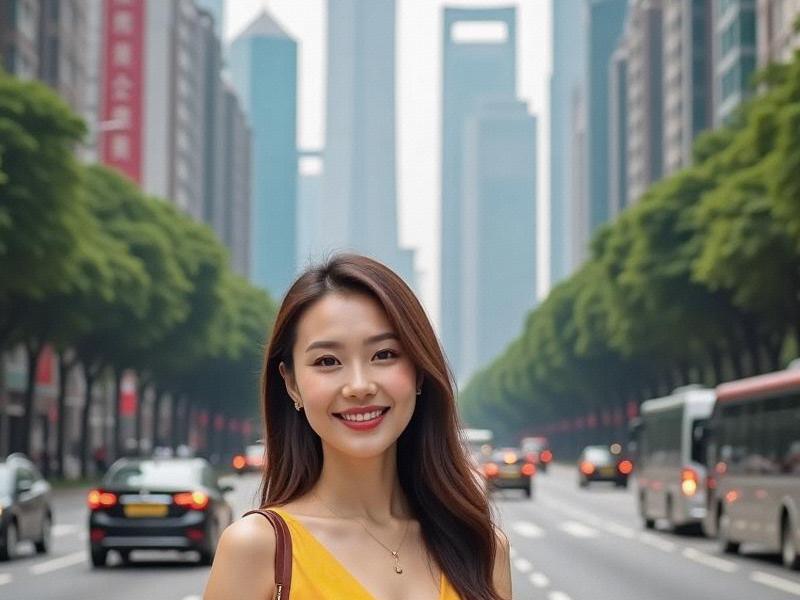Silk Road to Smartphones: Shanghai Women's Century of Transformation
⏱ 2025-05-30 00:31 🔖 爱上海千花网
📢0℃

Historical Foundations (1920s-1990s)
1. The Jazz Age Pioneers (1920s-1940s)
- Emergence of Shanghai's "Modern Girls" in foreign concessions
- Qipao revolution and female literacy movement
- Business pioneers like Dong Zhujun's Jinjiang Hotel
2. Socialist Transformation (1950s-1970s)
- "Women Hold Up Half the Sky" campaign realities
- Blue jacket uniformity and practical beauty standards
- Female industrial workers as national icons
爱上海论坛
3. Reform Era Reawakening (1980s-1990s)
- Return of perm hairstyles and Western fashion
- First post-Mao beauty pageants (1985)
- Career women balancing market economy pressures
Contemporary Landscape (2000s-Present)
1. The ¥50 Billion Beauty Economy
- Domestic skincare brands like Florasis revolutionizing Chinese aesthetics
上海龙凤419官网 - "Light medical beauty" procedures among white-collar workers
- Douyin influencers setting national trends
2. Professional Paradoxes
- 40% of tech startup founders being female
- Persistent "leftover women" stigma despite achievements
- Maternity protection laws creating workplace tensions
3. Digital Age Identity
- Xiaohongshu creating alternative beauty standards
爱上海同城对对碰交友论坛 - Livestream queens dominating e-commerce
- Underground feminist podcasts challenging norms
Cultural Analysis
- East-West aesthetic hybridization
- Generational divides in marriage expectations
- Shanghai exceptionalism in Chinese context
- Future predictions for Gen Z women
Shanghai women continue embodying China's central paradox - embracing global modernity while retaining distinctive cultural roots, their evolving identity offering crucial insights into the nation's ongoing transformation.
Shanghai Style Revolution: How Local Women Are Crafting a New Global Beauty Paradigm《边界消融时:上海与周边城市的"同城化"实验》Shanghai Showgirls: Entertaining Life on the Edge of CultureShanghai and the Surrounding Area: A Dynamic Hub of Economic and Cultural ExchangeShanghai's Nightlife Evolution: The New Era of Entertainment Clubs in China's Global CitySilicon Bund: Shanghai's Ambitious Quest to Become Asia's Tech Capital《共饮一江水:长三角生态绿色一体化发展示范区三年记》Shanghai's Nightlife Evolution: How Entertainment Venues Are Redefining Urban Leisure in 2025Shanghai's Neuro-Aesthetic Singularity: Where Jiangnan Silk Algorithms Rewrite Quantum GlamourNeon Renaissance: How Shanghai's Elite Clubs Are Redefining China's Nightlife Economy

